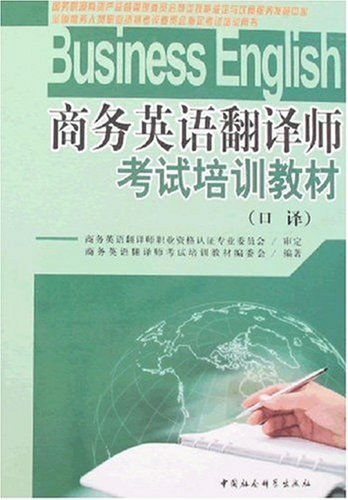Translation is not merely about substituting words from one language to another; it involves capturing the essence, tone, and nuances of the original text while conveying it effectively in the target language. To excel in English translation, one needs a combination of linguistic proficiency, cultural understanding, and contextual sensitivity.
First and foremost, a translator must have a strong command of both the source and target languages. This includes a deep understanding of grammar, vocabulary, idiomatic expressions, and linguistic structures peculiar to both languages. Regular practice in reading, writing, listening, and speaking in English can significantly enhance one's linguistic proficiency.
Culture plays a pivotal role in language usage and interpretation. Translators must be attuned to the cultural nuances embedded within the text. This requires extensive cultural immersion and knowledge of societal norms, customs, history, and values prevalent in both the source and target languages. By understanding the cultural context, translators can accurately convey the intended meaning without causing misinterpretations or offense.
Context is key to effective translation. Translators need to consider the context in which the original text was written and the intended audience. They must adapt their translation style accordingly, whether it's formal, informal, technical, or creative. Moreover, understanding the purpose of the translation—whether it's for literary, academic, commercial, or legal purposes—helps in producing translations that serve their intended function.
While technology can aid in translation, it should complement rather than replace human translation skills. Machine translation tools like Google Translate can provide quick translations, but they often lack the nuanced understanding of language and culture required for accurate and contextually appropriate translations. Translators should use technology as a resource for reference and validation rather than relying solely on automated translation.
Like any skill, translation improves with practice. Translators should engage in regular translation exercises, both independently and collaboratively, to refine their skills. This could involve translating various types of texts—such as articles, poems, legal documents, or marketing materials—and seeking feedback from peers or mentors to identify areas for improvement. Continuous learning and exposure to diverse linguistic and cultural contexts are essential for honing translation expertise.

Feedback is invaluable in the journey of mastering translation. Translators should actively seek constructive criticism from experienced professionals or language enthusiasts to enhance their skills. Additionally, staying updated with the latest developments in language usage, translation techniques, and cultural trends through workshops, seminars, and literature helps translators stay relevant and adaptable in an everevolving linguistic landscape.
Enhancing English translation skills requires a combination of linguistic proficiency, cultural understanding, contextual sensitivity, and continuous practice. By mastering these aspects and utilizing technology wisely, translators can effectively bridge language barriers and facilitate crosscultural communication with accuracy, clarity, and empathy.
文章已关闭评论!
2025-04-05 05:06:27
2025-04-05 04:48:22
2025-04-05 04:30:15
2025-04-05 04:11:55
2025-04-05 03:53:53
2025-04-05 03:35:37
2025-04-05 03:17:25
2025-04-05 02:59:13